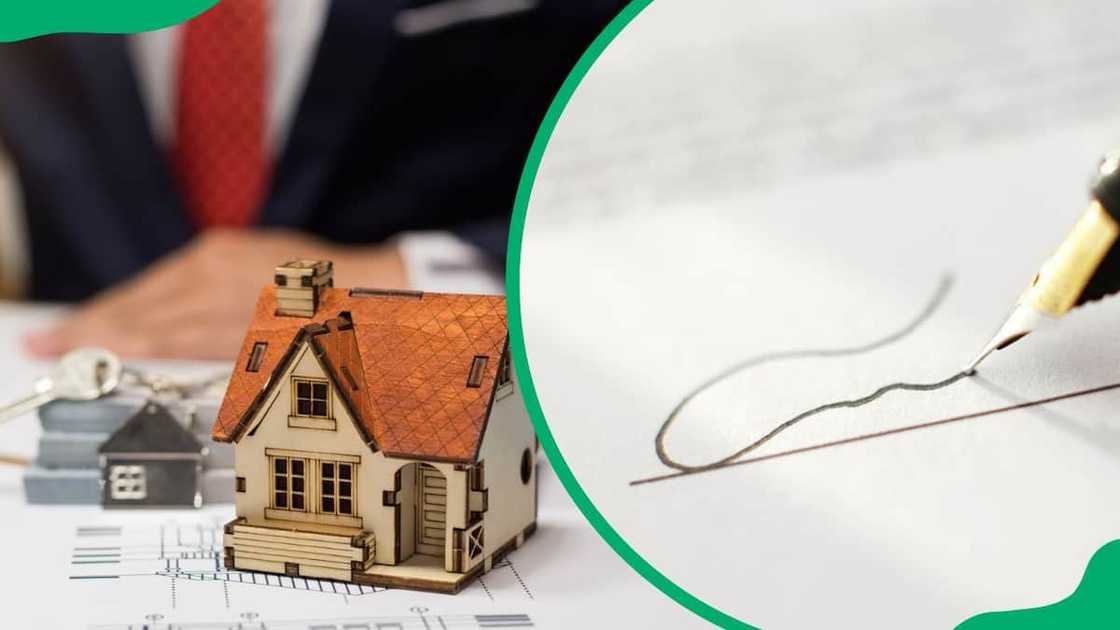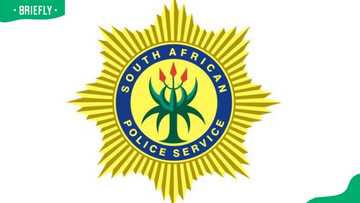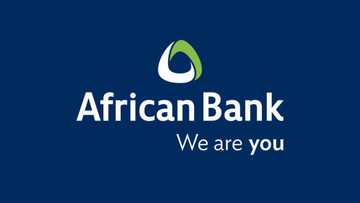Conveyancing in South Africa: Everything you need to know
Conveyancing is the transfer of legal title of real property from one person to another. Some of these properties include lands, houses or flats. In South Africa, this process may only be carried out by a licenced conveyancer who has passed the National Conveyancing Examination.

Source: UGC
Once you find your dream house, it is essential to seek the services of a conveyancer to help simplify the transfer of ownership process. This professional ensures the new ownership is registered as the South African law requires.
Requirements for a conveyancer
To become a conveyancing attorney, there are various criteria that you must meet. Below are some of the standard requirements:
- LLB degree or equivalent certificate from a South African university
- Graduate Diploma in Law
- Practice Legal Training (PTL) Certification
- Conveyancing and Notarial Practice certificate
Where to study conveyancing in South Africa?
Are you interested in becoming a conveyancer? Here is a list of institutions for your consideration:
- University of Pretoria
- Rhodes University
- Stellenbosch University
- University of the Witwatersrand
- University of Venda
- University of KwaZulu-Natal
- The University of Johannesburg
- University of Cape Town

Source: Getty Images
How much does a conveyancing attorney make in South Africa?
South African job site Talent reports that these professionals earn R300,000 annually or R25,000 monthly. This translates to R1,154 daily and R154 per hour. However, entry–level positions start at R255,000 yearly, while most experienced workers make up to R360,000 per year.
The conveyancing process in South Africa
The conveyancing process may seem daunting and complicated for first-time home buyers. Here is a step-by-step guide to make the process clearer for you:
- The process begins when the seller and buyer sign the sale agreement, containing all the conditions of the sale
- Next, the transferring attorney will send out a formal acknowledgement of the sale agreement to all the parties involved
- The buyer must pay a deposit into the transferring attorney's trust account, which will be invested on their behalf
- The transfer and bond documents are drafted, and appointments are made with the seller and buyer, respectively, to sign the necessary documents
- As soon as the buyer pays the transfer costs, the conveyancing lawyer must pay the rates levy clearance fees and apply for the transfer duty receipt from the South African Revenue Service
- The bond registration attorneys will then provide the transferring lawyers with the original guarantees covering the buyer’s price. It is vital that, at this stage, all the conditions of sale have been complied with
- The bond registration deeds and transfer bond cancellation are lodged simultaneously in the Deeds Office

Source: Getty Images
- Next, the deeds are sorted for distribution to the various examiners. This process takes about 7 to 8 working days if there are no unnecessary delays
- The buyers and sellers conveyancers must appear at the Deeds Office, where the purchaser becomes the new owner of the property, and the seller’s existing bond is cancelled
- The transferring attorney will then draw the final statements of account for both parties after all costs are deducted
- The Deeds Officers deliver the original bond documents to the transferring lawyers
- In the final step, the original title deeds are delivered to the buyer
NB: This conveyancing process applies for a normal transfer and not a divorce transfer or deceased transfer, which may include more steps and thus take longer to register.
How much do conveyancers charge in South Africa?
Conveyancing fees are variable based on guidelines issued by the Law Society of South Africa. They are calculated on the property's purchase price or the bond's capital amount.
Value of property or bond | Recommended guidelines |
R100,000 | R5 710 |
Over R100,000 up to and including R500,000 | R5 710 plus R910 per 50 000 or part thereof above that |
Over R500 000 up to and including R1 000 000 | R12 990 for the first R500 000 plus R1 760 per R100 000 or part thereof above that |
Over R1 000 000 up to and including R5 000 000 | R21 790 for the first R1 000 000 plus R1 760 per R200 000 or part thereof above that |
Over R5 000 000 | R56 990 for the first R5 000 000 plus R4 440 per R1 000 000 or part thereof above that |
How long does the conveyancing process take in South Africa?

Source: Getty Images
This process involves several parties, institutions and officials. Therefore, delays are possible at any stage. However, provided everything runs smoothly, the transfer should take approximately two months from when the conveyancer receives the sale agreement.
This article highlights everything to know about the conveyancing process. It entails the transfer process from the date the deed of sale is signed to the date the payments are made and the deed is delivered.
DISCLAIMER: This article is intended for general informational purposes only and does not address individual circumstances. It is not a substitute for professional advice or help and should not be relied on to make decisions of any kind. Any action you take upon the information presented in this article is strictly at your own risk and responsibility.
READ ALSO: Kearsney College fees, uniform, term dates, scholarships
Briefly published an article about Kearsney College fees. This is an all-boys private school located in KZN, South Africa.
Are you a student who has just cleared secondary school and wants to pursue your A levels? If that is the case, look no further, Kearsney College is the place to be.
Source: Briefly News





